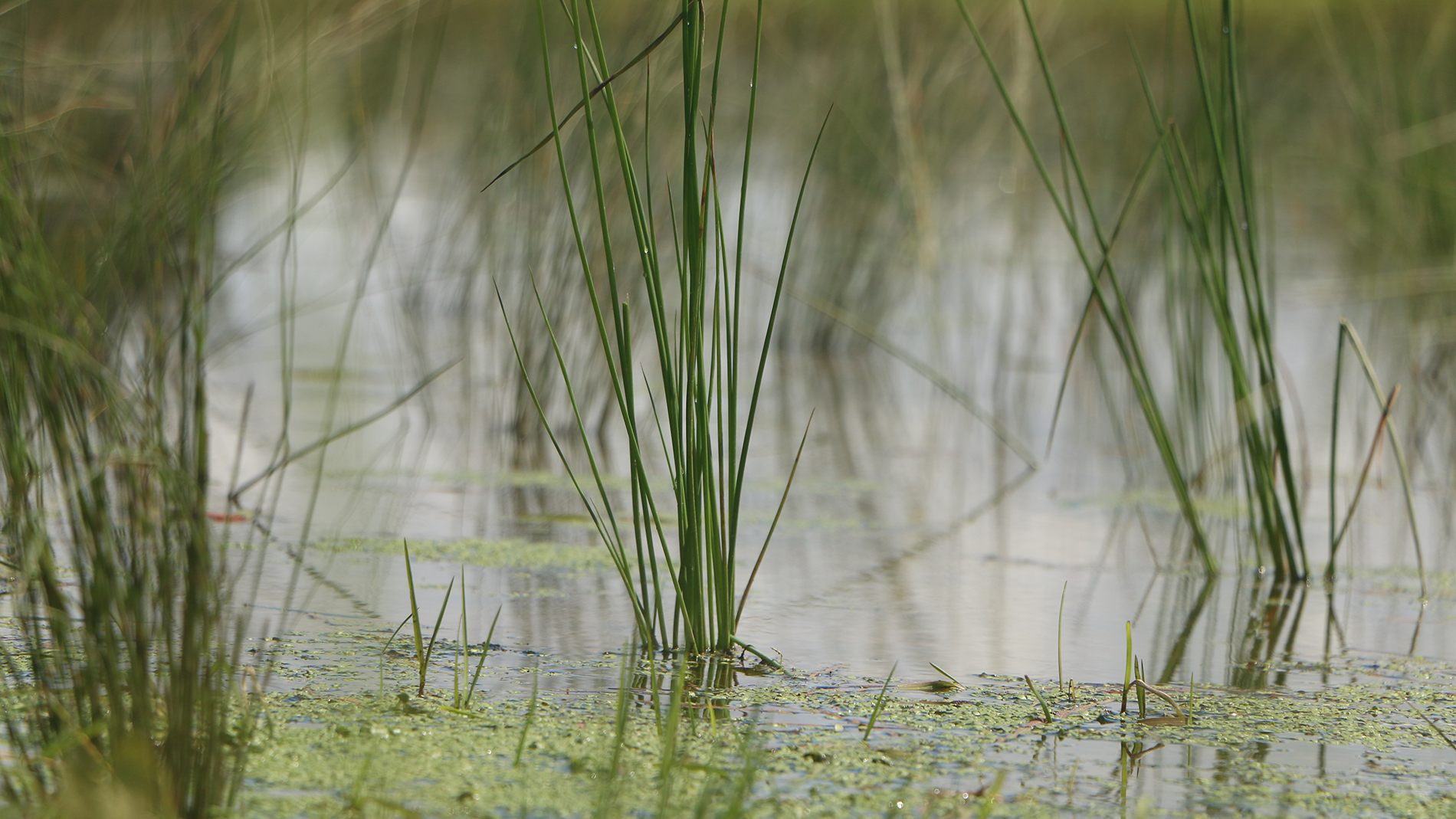Māori and wetlands
Māori have strong cultural, traditional and historic links with wetlands and inland waterways, including lakes, rivers, streams and springs. These taonga (treasures) are spiritually significant and closely linked to the identities of the tangata whenua (people of the land).
Water is the life giver, it represents the blood of Papatūānuku, the Earth Mother, and the tears of Ranginui, the Sky Father. Waterways are home to many taniwha (spiritual beings) that look after the people and ensure their physical and spiritual protection.
A valuable resource
Wetlands and waterways provide:
- habitat and spawning grounds for native plants, birds and fish
- building and weaving materials such as raupo and harakeke (flax)
- medicines and dyes used for seasoning timber and restoring precious artefacts.
They are also a traditional source of food such as tuna (eel). Many people wish to re-establish wetlands as a source of traditional food including eels, whitebait, mullet and watercress.
Protecting what is left
Māori are concerned about the damming, drainage and pollution of waterways because of their effects on the mauri (life force) of the waterways. The adverse effects of nutrient enrichment from farm run-off and leaching, urban storm water discharges and pollution from industrial point sources are identified as problems.
In addition, land drainage, adjacent landfills, animal grazing and exotic plants have degraded many surviving wetland areas. Much of the remaining wetland is on private land and Māori may not have access to these places.
Māori see the protection and enhancement of existing wetlands as vital, particularly in terms of protection from inappropriate drainage or subdivision.



To ask for help or report a problem, contact us
Tell us how we can improve the information on this page. (optional)